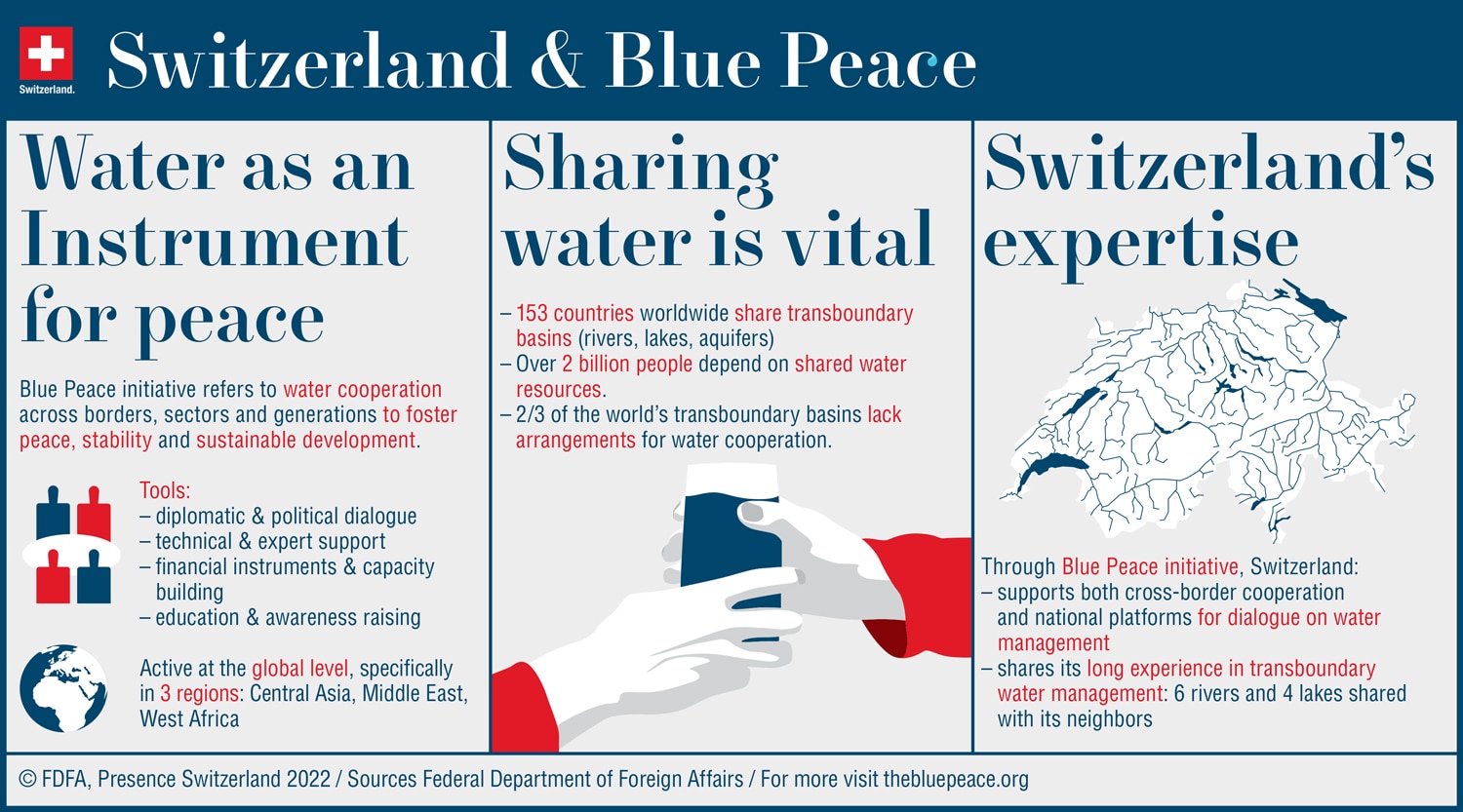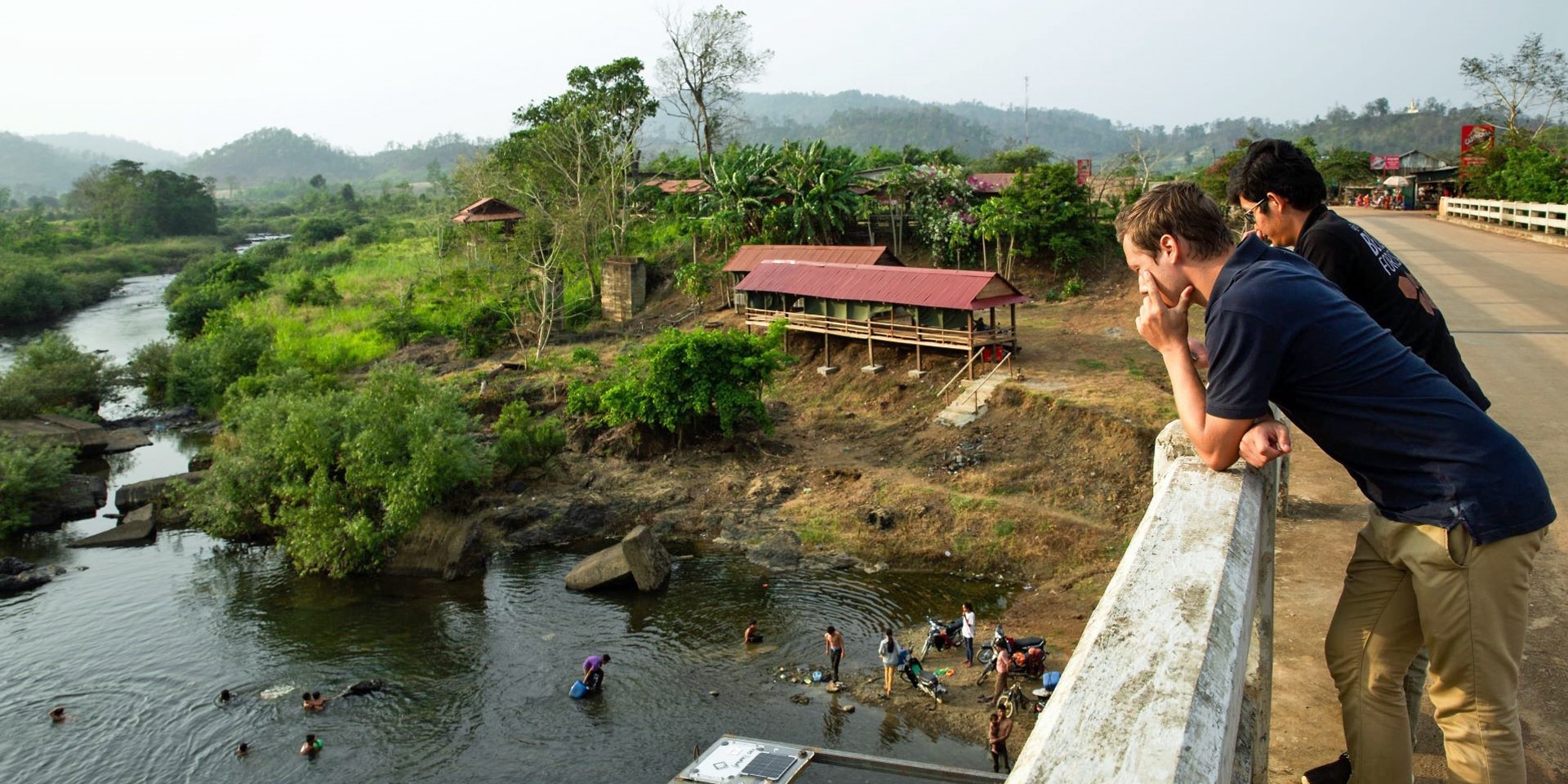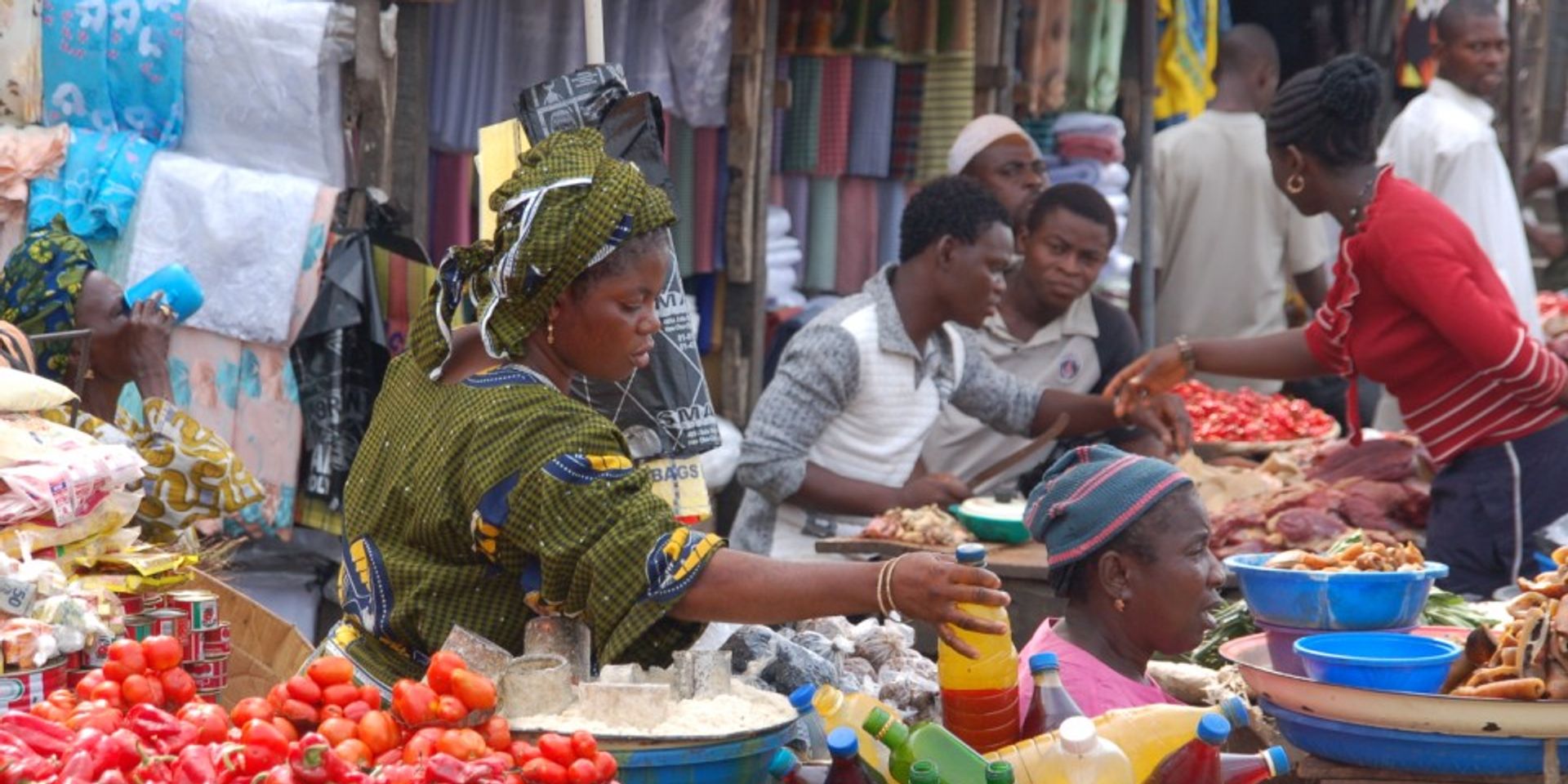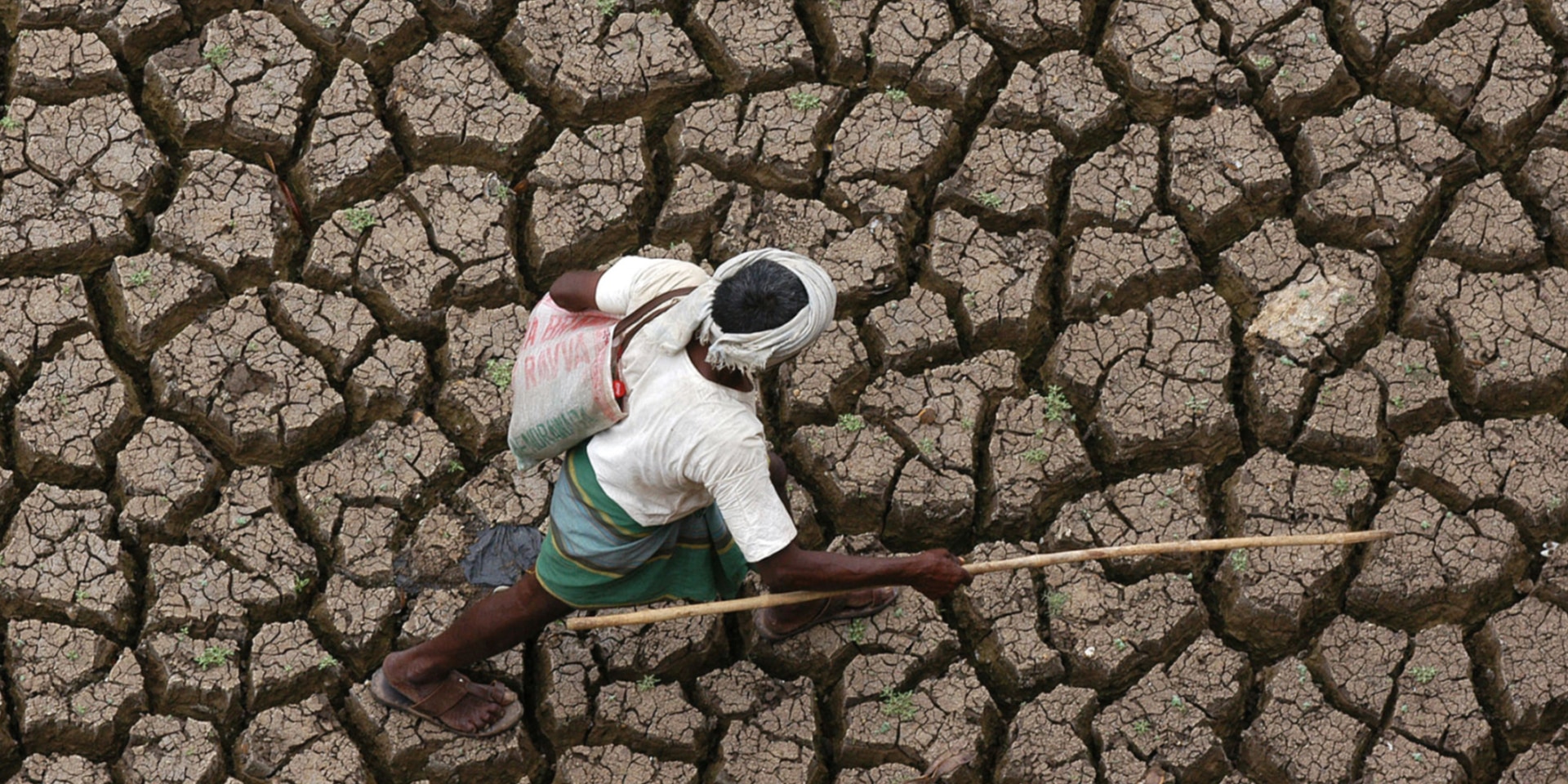Blue Peace Days: Switzerland at the World Water Forum in Dakar
Here on the news platform, Switzerland is drawing attention to the world's growing problem of water scarcity. At the World Water Forum in Dakar, Switzerland will be part of the international discussion of ways to tackle and overcome challenges in the area of water. At the same time, the FDFA will be publishing its Water Guidelines, underscoring Switzerland's commitment to combating the global water crisis. The World Water Forum's last day will also mark the end of the Blue Peace Days.
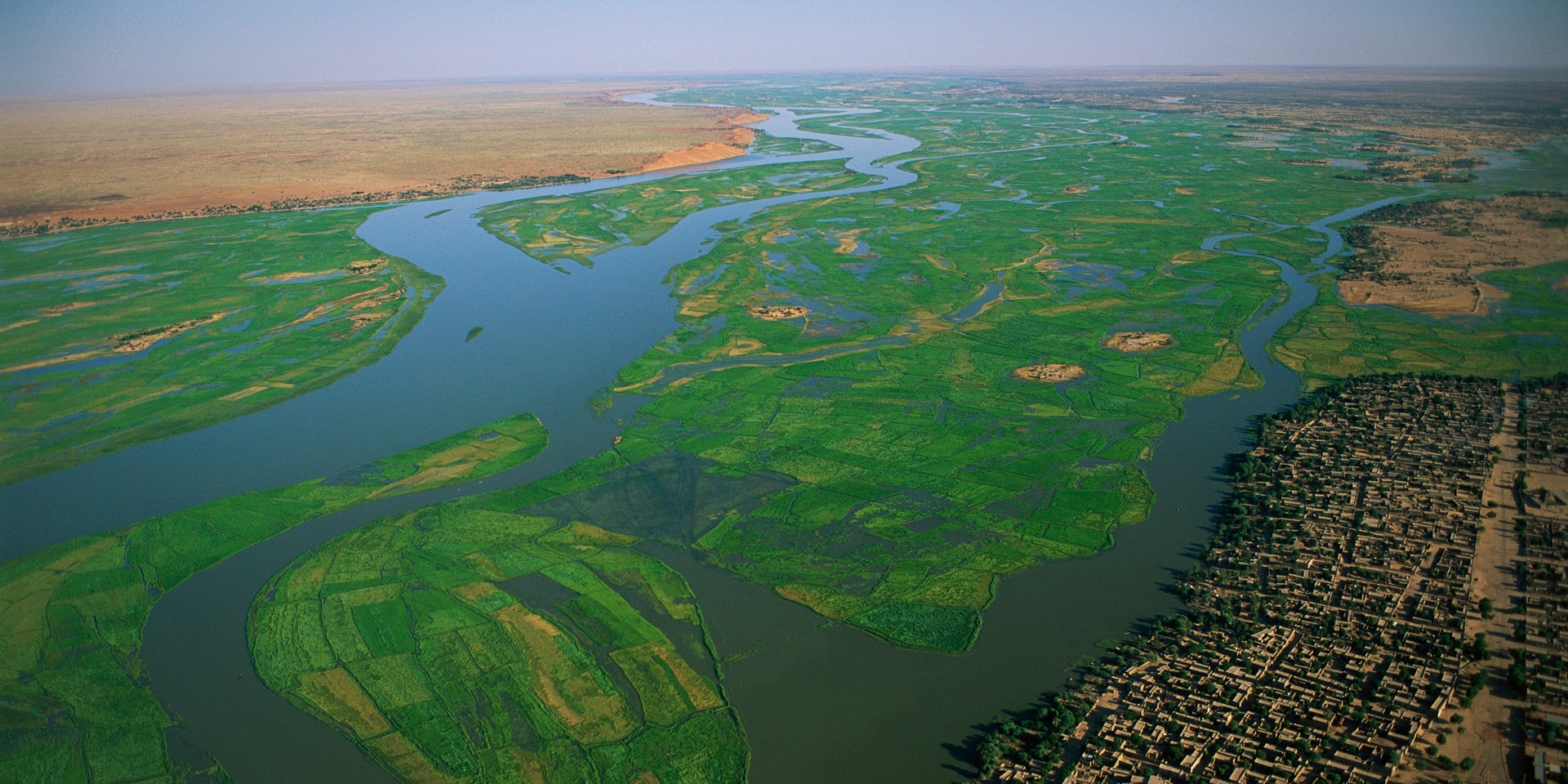
Where the desert borders on luscious rice fields: the Niger River irrigates rice fields in Mali, making the difference between hunger and development. ©2004 George Steinmetz
Switzerland puts water in the limelight for one month here on the news platform:
26.2.2022 – SDC Director-General Patrizia Danzi and former Slovenian president Danilo Türk discuss the consequences of and possible solutions to the world's increasing water scarcity. They open the Blue Peace exhibition of the Swiss pavilion at Expo Dubai.
28.2.2022 – Expert Conference on the Blue Peace Middle East initiative at the Swiss pavilion
21.3.2022 – World Water Forum opens in Dakar, Senegal
22.3.2022 – The FDFA launches its Water Guidelines
25.3.2022 – End of the World Water Forum and Blue Peace Days
Follow Switzerland's activities under #BluePeaceDays
22.03.2022 ‒ The FDFA launches new Water Guidelines
The demand for freshwater is increasing rapidly worldwide. The UN estimates that by 2030 this demand will have surpassed the supply of water available by 40%. World population growth, progressing climate change and environmental pollution are just a few of the factors which are constantly increasing pressure on available water resources. It is estimated that by the middle of the 21st century, around 40% of humanity will be living in places subjected to constant water stress. Accordingly, competition for precious water resources is increasing – both within national borders and between riparian states.
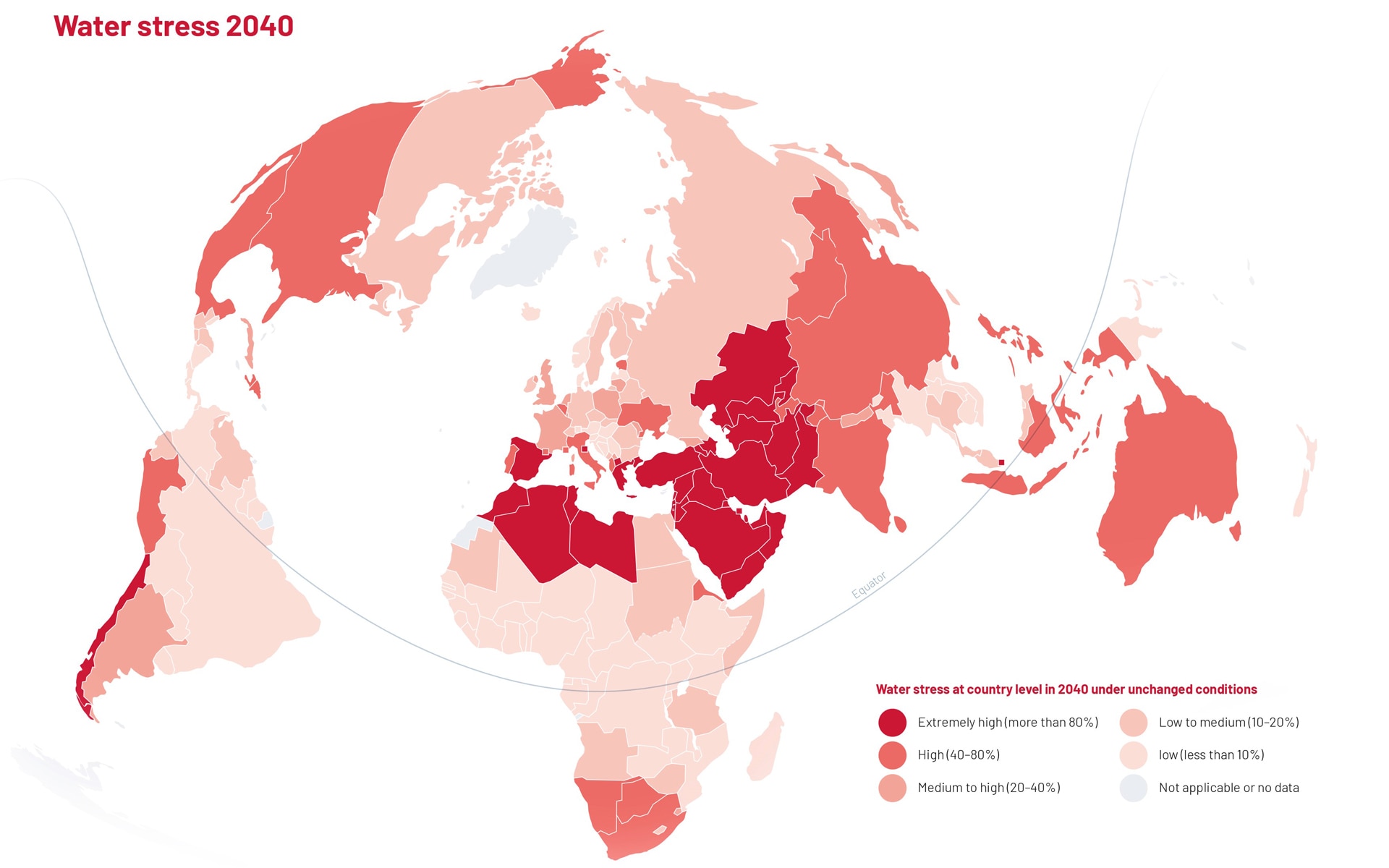
Switzerland's foreign policy commitment to water issues dates back to the beginnings of official development cooperation. Thanks to its determined and sustained efforts to pave the way for innovative solutions, Switzerland has succeeded in driving the international agenda in many areas. Switzerland's support for transboundary cooperation via dialogue platforms focused on water access issues is one example of its commitment within the framework of the Blue Peace initiative launched in 2010. This is one way that Switzerland is working to ease growing tensions between countries that share increasingly scarce water resources.
Its mandate for water-related engagement is anchored in the International Cooperation Strategy 2021–24, the Foreign Policy Strategy 2020–23, as well as in AVIS28. The recently published Water Guidelines 2022–28 set out this mandate in detail and provide guidance to all FDFA actors involved in water-related work.
Simon Zbinden, head of the SDC's Global Programme Water, explains the importance of the Water Guidelines:
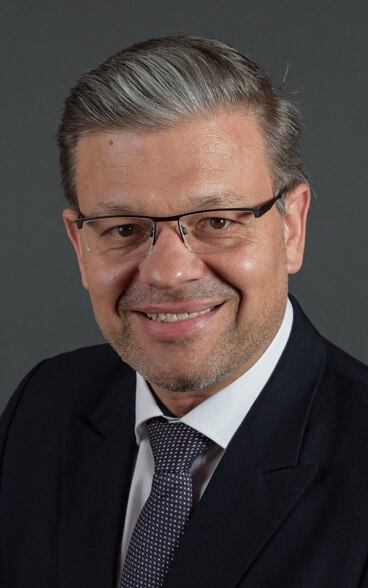
The world is running out of water. What can an FDFA guidance paper do about that?
With its comprehensive approach that combines international cooperation with diplomacy, Switzerland has gained international recognition concerning water issues. These Water Guidelines will further enhance this visibility. They are set to strengthen the coherence and thus also the effectiveness of Swiss contributions to solving water issues. At the same time, they underscore Switzerland's determination to remain at the forefront of the search for viable solutions in the future.
What kind of vision is Switzerland's engagement pursuing?
Switzerland is promoting the 2030 Agenda's implementation at both national and international level. The 2030 Agenda as a universal reference framework forms the basis for the vision and simultaneously for the goal – number 6 – in the area of water: continuous availability and sustainable management of water and sanitation should be ensured for all by 2030. Yet goal 6 covers more than solely access to drinking water, sanitation and hygiene; its indispensable targets include the protection and restoration of water-related ecosystems.
Can you tell us about a project that illustrates Switzerland's commitment?
Switzerland's commitment in the area of water is multifaceted. Direct access to drinking water, sanitation and hygiene continue to form its most important pillar. Through various partners, Switzerland makes contributions that guarantee this basic human right to several hundred thousand disadvantaged people every year. With its partner 'Young Water Solutions', for example, Switzerland supports young entrepreneurs in developing innovative ideas and cost-effective water and sanitation services that reach many poverty-stricken families.
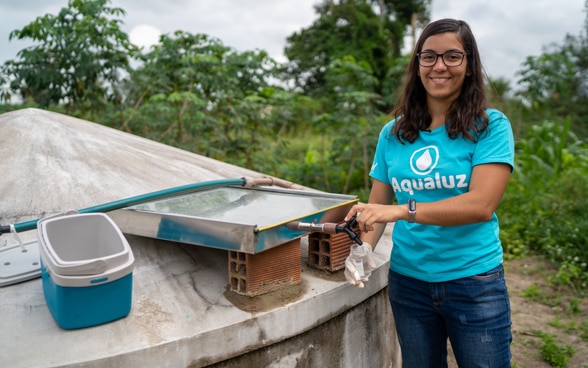
21.03.2022 ‒ Switzerland at the World Water Forum in Dakar
If you want to take decisions that determine the future, you have to involve the people who will have to live with them for the longest time. That is why the Swiss delegation will meet not only with other countries' representatives at the World Water Forum, but also and above all with young people from the region. At Espace jeunesse, there will be an online discussion between young people in Geneva and local young people. The ideas and proposals of these young agents of change are not only to be listened to, but also to be taken into account. This is the only way that water-focused peacebuilding and sustainable development can keep working in the future.
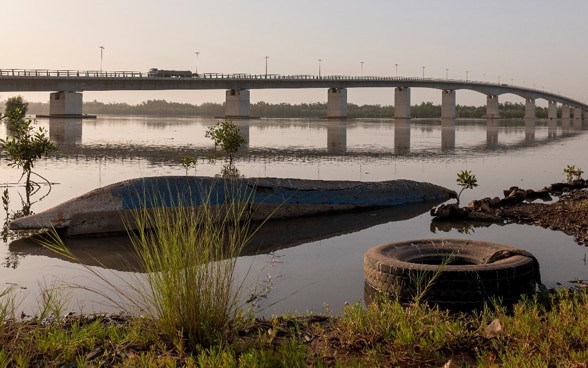
By participating in the World Water Forum in Dakar, Switzerland is underscoring the interconnections between water, peace and security, and sustainable development. Networking at international level helps to disseminate the concerns discussed at the World Water Forum. With its water diplomacy and the Blue Peace initiative, Switzerland addresses the causes of conflicts over water and contributes to sustainable development and stability worldwide with the instruments of international cooperation, humanitarian aid and peacebuilding.
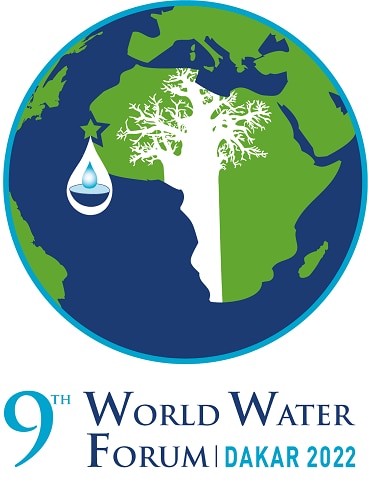
The World Water Forum, which has been held every three years since 1997, is now taking place in a country in sub-Saharan Africa for the first time. Solutions to water scarcity are needed in the extremely arid Sahel zone in particular. On 22 March 2022, the delegation will visit a hospital in Dakar's Yoff district, where there is no shortage of clean water thanks to Swiss water purification equipment. The Swiss organisation accesstowater installs low-cost purification equipment all across Senegal. This equipment has helped purify over 150 million litres of water since 2012.
28.02.2022 – Water for Peace, Security and Development in the Middle East conference
Worldwide, the Middle East is the region hit the hardest by water scarcity. This poses special challenges to work there that promotes balanced water management, with uncontrolled population growth, large migration flows, rapid urbanisation, climate change, changing land use and shifting economic circumstances affecting water use. Rivers in Iraq, Syria, Lebanon, Jordan and Turkey have lost 50–90% of their volume because more water is extracted than flows in.
Solutions are needed – urgently. Switzerland has thus invited experts to a conference on the roof of its pavilion in Dubai. Leading minds whose work in the Middle East and the Gulf States focuses on water will discuss today's challenges and look for solutions.
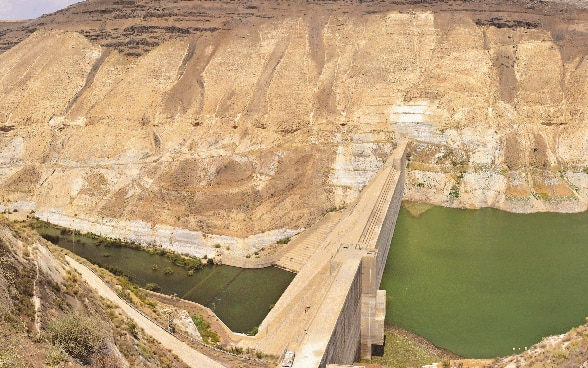
The example of the Yarmouk River shows how important regular exchanges are. The river, which flows along the Jordanian-Syrian border, is the most important tributary of the Jordan River, and both countries are highly dependent on its water. Most of the catchment area lies in Syrian territory. There is a water utilisation agreement between Jordan and Syria, which was reached in 1953 and revised in 1987, but Jordan considers it unfair. Jordan has also accused Syria of breaching the agreement.
To avoid escalation, Switzerland has helped train local experts and create a corpus of information on the Yarmouk's resources. This information has served as the basis for negotiations between Syria and Jordan aiming to improve the management of the water resources involved. Regardless of the outcome of the negotiations intended to revise the agreement, both countries have benefited greatly from the measures taken. All stakeholders now understand each other's positions better and stand to benefit to a greater extent from the potential of transboundary cooperation.
26.2.2022 – Opening of the Blue Peace exhibition at Expo Dubai
The world – and Switzerland along with it – is currently enjoying the 87th world expo in the desert city of Dubai. In a place where water cannot be taken for granted, Switzerland is putting the issue centre stage. The Swiss pavilion is dedicated to innovation and shows that ideas can spring from every drop of water.
Leading minds in international cooperation will meet on the pavilion's roof on 26 February 2022. SDC Director-General Patrizia Danzi and former Slovenian president Danilo Türk are to speak to invited guests on current challenges and developments in the area of water. Following the discussion, Patrizia Danzi will open the Blue Peace exhibition.
The name 'Blue Peace' says it all: through the namesake initiative launched in 2010, Switzerland promotes peace, security and development around the world through transboundary water-focused cooperation. At the exhibition, visitors vividly discover how water, necessary for life and primordial for development, connects all people. They find out how this connection is a cause of conflict, but at the same time an opportunity to achieve peace and security. The exhibition also illustrates Switzerland's ability and desire to seize this opportunity.
Water – a human right and yet not a matter of course
Switzerland is the water reservoir of Europe, and Swiss people do not have to worry about having enough drinking water. But in many other places, things look quite different. Access to drinking water and decent sanitation is an inalienable human right, yet only about two thirds of humanity have access to clean drinking water. And more than one third of the world's population does not have access to decent sanitation.
The world is running out of water – in other words, there is a water crisis. Climate change, with its weather extremes, droughts and floods, is making the situation worse. First, there is no water for months, then suddenly the soil is washed away. This hits people in developing countries particularly hard because in most cases no precautions have been taken to prepare for such disasters. Other factors driving the water crisis are population explosion and economic growth, which go hand in hand with increased water use and water pollution.
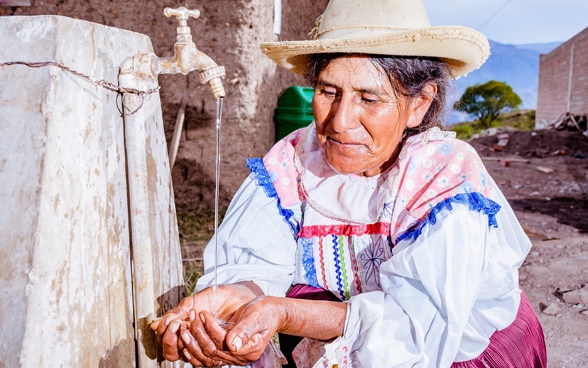
Water as a cause of conflict
As people cannot live without water, this resource can be a major source of conflict, especially in places where people are struggling with water scarcity. The same rivers flow through different countries and ethnically diverse regions that all use the water for drinking and sanitation. Yet water is of course also indispensable for many other activities, including producing food and protecting people's health, generating energy, and allowing nature to thrive.
To give just one example: a country with access to a river's upper reaches retains the water in summer and releases it in winter to produce electricity. The neighbouring country downstream, however, needs the water in summer to water its fields. The fields dry up and tensions between the two countries turn into conflict. The number and severity of such conflicts is increasing all over the world, endangering peace, security and development.
Water as an opportunity for peace
Everyone needs water and everyone has the right to have access to it. This is where Blue Peace comes in. The initiative, launched by Switzerland in 2010, aims to connect people who depend on the same body of water. That is, everyone who lives from the same river, regardless of their nationality, cultural background or age and regardless of how they use the water.
Peace, security and development are only possible when people and countries connected by water work together. That is why Blue Peace brings all stakeholders to the table. The idea is to use Swiss mediation to allow everyone to set out their position and to try to find an acceptable solution together – before a conflict arises, or before an existing conflict escalates.
But Blue Peace does much more than that: Blue Peace collects scientific data and shares it with the given stakeholders. Blue Peace coordinates activities and creates networks among the stakeholders. Blue Peace shares knowledge. Blue Peace helps create the financial instruments necessary for transboundary water management. Blue Peace pushes for sustainable management so that the next generation can also live from the bodies of water concerned. And Blue Peace advocates for nature itself, which, as we know, does not draw attention to itself.
Switzerland's added value concerning water
Switzerland has very extensive experience in transboundary water management. Four major European rivers are fed by water from Switzerland and flow through neighbouring countries. During the last decades, Switzerland's international cooperation has repeatedly taken the lead in water management. Switzerland has built up a solid reputation through its honest and transparent engagement.
Time is short. Peace, security and sustainable development are not possible without transboundary water cooperation. Successfully strengthening them around the world equates to greater peace, security and prosperity in Switzerland. The private sector gains access to new markets and people in developing countries have fewer reasons to leave their homelands. Switzerland's work here is aligned to its foreign policy strategy and its international cooperation strategy.
Achieving the sixth Sustainable Development Goal of the 2030 Agenda (SDG 6) requires precisely what Blue Peace is striving for: everyone cooperating in working towards a world in which all of humanity has access to clean water.
Enlaces
- Guidelines on Water 2022-2025
- Press release 22.03.2022 – World Water Day 2022: FDFA launches new water guidelines
- Press release 25.02.2022 – Blue Peace Days: Swiss water diplomacy at Expo 2020 Dubai and the World Water Forum in Dakar
- Blue Peace (en)
- Water – A vital resource under threat
- Access to water and sanitation is a universal right
- Geneva Water Hub: A Matter of Survival
- NCCS: Swiss Water Bodies in a Changing Climate

